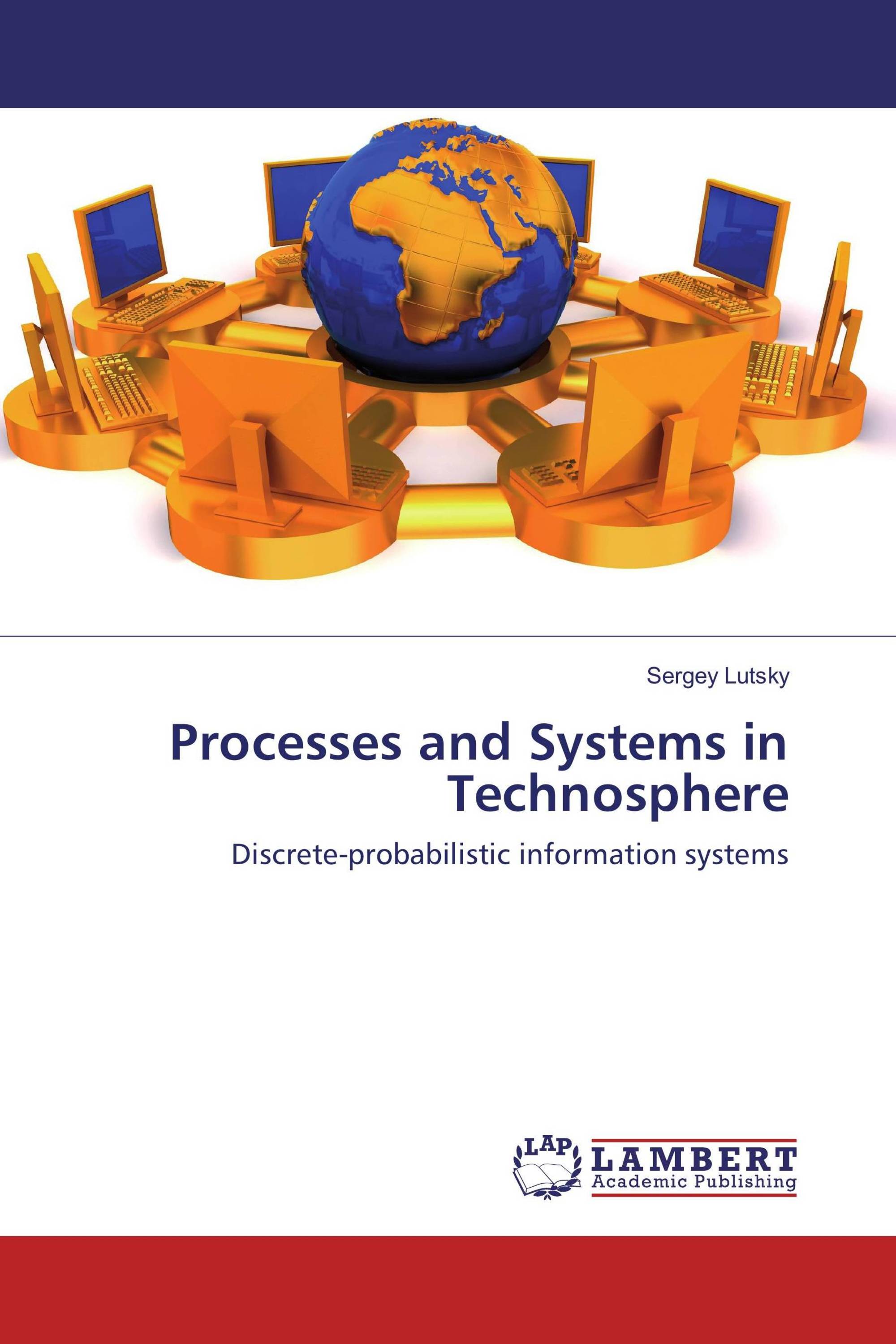A hypothesis that the Universe is a digital computer was suggested first in a book by Konrad Zuse “Rechnender Raum” (Calculating Space). Edward Fredkin used a term ‘digital physics’ which he later preferred to ‘digital philosophy’. Steven Wolfram, Jürgen Schmidhuber and the Nobel laureate Gerard Hooft are among those who considered the Universe to be a giant computer. These authors believed that the absolute stochastic nature of quantum physics is not necessary incompatible with the idea of computability. The quantum version of digital physics has been recently suggested by Seth Lloyd, David Deutsch and Paola Zizzi. They bear similarity with Carl Friedrich von Weizsäcker's binary theory of ur-alternatives, pancomputationalism, computational universe theory, John Wheeler's "It from bit", and Max Tegmark's “Ultimate Ensemble”. A concept of a Universe as a computing machine, or as a network of computing processes, that calculates the succeeding state of basic physics laws following the current state implies that there is, at least, theoretically, a program that calculates evolution of the Universe in the real time.
Book Details: |
|
|
ISBN-13: |
978-3-659-52476-9 |
|
ISBN-10: |
365952476X |
|
EAN: |
9783659524769 |
|
Book language: |
English |
|
By (author) : |
Sergey Lutsky |
|
Number of pages: |
108 |
|
Published on: |
2017-09-13 |
|
Category: |
Informatics, IT |
